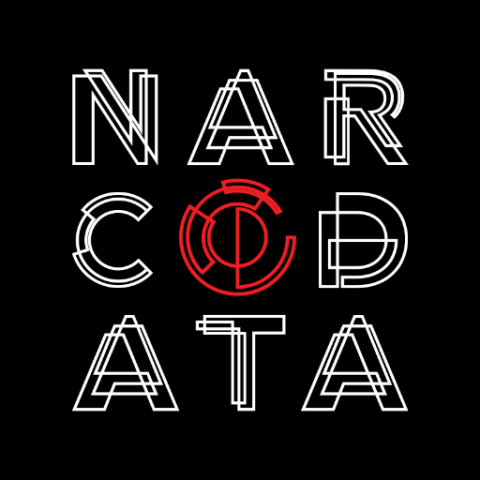
For the first time, the world has a clear picture of organized crime and drug trafficking in Mexico, thanks to a new journalism project called NarcoData.
Using government data obtained through Freedom of Information requests, NarcoData provides citizens with an interactive platform that maps the history of Mexico's powerful cartels across four decades.
The project is a joint venture of the Mexican news organization Animal Politico and Poderopedia, a site created by former ICFJ Knight International Journalism Fellow Miguel Paz to map links between business and political elites in Chile, Venezuela and Colombia.
NarcoData uses multiple formats to “visualize” the cartels’ activities -- from an interactive timeline tracing the growth of cartels, their leadership structure, and geographic expansion, to an expandable map of inter-cartel conflict from 1976 to 2014.
“It contributes to the public debate in the country and shows that it is possible to expose the largest criminal organizations in the nation, in the context of rising violence against citizens, civil leaders and journalists,” said Paz.
As a result of the project, citizens can better evaluate public policies and budget spending and determine what reforms are needed in the criminal justice system.
“The Mexican State has failed in giving the citizens systematic, ordered, accurate and transparent information about the results and effects of the fight against organized crime,” said Dulce Ramos, editor-in-chief of Animal Politico. “NarcoData wants to fill that void.”
ICFJ Knight Fellow Mariano Blejman said the project offers “the best public interactive story about narco in Mexico, and it’s unique because this information has never been shown, consulted or followed in an interactive way before.”
Blejman founded HacksLabs, a data journalism accelerator that awarded Animal Politico with funding from Hivos Foundation and Avina Foundation to begin the NarcoData project. HacksLabs also helped connect NarcoData’s developers to mentors who provided technical and professional support to the team. “We help them access mentorship, track them... and try to unlock problems they have in the process,” said Blejman.
Although there has been extensive coverage of drug cartels in Mexico, research has been isolated. “Now we have a digital platform one can look to and have some answers,” says Ramos. “It is our goal that any reader who sees NarcoData says, ‘Now I understand everything.’”
As the first digital repository for drug-trafficking information in Mexico, NarcoData opens up new avenues for journalism. “To build NarcoData for all of us has been an experience that gives our partners and us new tools and methodologies to open up information, structure information, define better ways to tell stories and measure if people care or not,” says Paz.
NarcoData has released data visualizations in installments. So far six pieces have been released, the most recent detailing the presence of cartels in each state from 1976-2014. Each data visualization is accompanied by an instructional video and a written explanation to provide context.